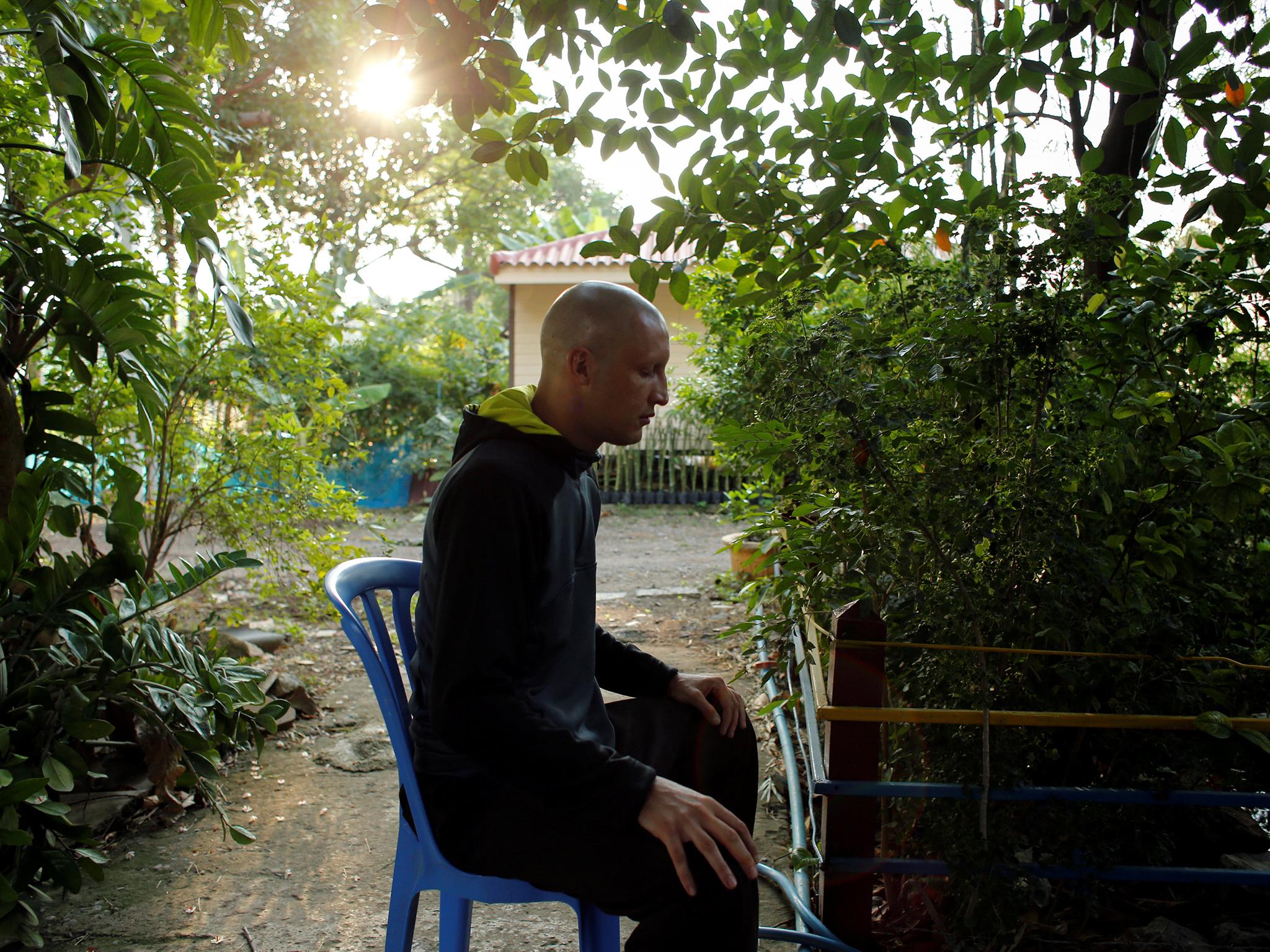Fighting addiction at a Thai monastery
Some experts have questioned the effectiveness of Wat Thamkrabok's methods, where treatment begins with a Sajja ceremony in which patients take a sacred vow never to use drugs again

Cengiz seemed to have it all. A high-paying job in Germany's tech sector gave him money and prestige but his life was spiralling out of control. A cocaine addiction had pushed him to the brink of suicide. Desperate for escape after waking up one morning in a pool of his own blood, he found salvation half a world away at a Buddhist monastery in Thailand known for its drug rehabilitation programme. “Wat Thamkrabok absolutely changed my life,” said the 38-year-old Turkish German – now known as Monk Atalo – who came to the monastery 14 years ago and has returned several times to pray and meditate.
“My job was really stressful and I was a slave of Western high-performance society,” said Atalo, who hopes to write a book about his experiences. Like others interviewed for this story, he declined to provide his surname.
Wat Thamkrabok, 140 km (87 miles) north of Bangkok, has treated more than 110,000 people since it started its programme in 1959, the monastery says. “Here we have a particular way to practise Buddhism, and it fits very well into the treatment of drug addiction,” said Monk Jeremy, a 37-year-old Australian who underwent treatment at the monastery three years ago for heroin addiction.
Treatment begins with a “Sajja” ceremony, in which patients take a sacred vow never to use drugs again. Patients then drink, for at least five days in a row, a strong herbal medicine that induces vomiting. Vomiting is followed by a daily herbal steam bath to aid the detoxification process.
No contact with the outside world is permitted during the first five days of treatment. Patients pass the time by meditating, playing table tennis and weightlifting, and manual work such as painting and making Buddha statues.
Some experts have questioned the effectiveness of Wat Thamkrabok's methods. “I cannot advocate for that type of treatment because there is absolutely no sound evidence nor research behind it,” said Brian Russman, clinical director of The Cabin, a drug rehabilitation centre in Chiang Mai in northern Thailand. Patients were vulnerable to relapse without follow-up therapy or peer support, he added.
Nat, in her fourth week of treatment, said she was afraid to leave the temple for fear of a relapse. The 24-year-old from northeast Thailand started using methamphetamines two years ago to stay awake during her night job as a go-go dancer in Bangkok.
“I can't leave until I recover my self-confidence. The only job I have is at the bar and I need to go back to it,” said Nat, whose seven-year-old daughter lives in the countryside with her grandmother. Henry, a 37-year-old heroin addict from Britain, came to Wat Thamkrabok after trying several traditional rehab clinics.
Reuters
Join our commenting forum
Join thought-provoking conversations, follow other Independent readers and see their replies
Comments